Record numbers at MWC 2017 but what did they achieve?
This year’s Mobile World Congress came and went bringing roughly 108,000 people to Barcelona, 7% up from 2016, but what the conference actually achieve?
March 3, 2017

This year’s Mobile World Congress came and went bringing roughly 108,000 people to Barcelona, 7% up from 2016, but what the conference actually achieve?
Alongside the conference, the GSMA has also released a report outlining the mobile industry’s collective vision and expectations for the 5G era. There are several very important topics discussed, but one can’t help to notice there is little mention of the business models that support the technological advancements themselves.
The report itself outlines five objectives, each of which are listed below, but perhaps the omission of corporate and digital transformation is a worrying concern. Without the corporate structure to support the digital economy, there is little chance the telcos will be able to compete with the fast growing wave of digitally native disruptors.
Objectives from the report:
‘Provide boundless connectivity for all’ – ensuring 5G networks will co-exist with 4G networks
‘Deliver future networks innovatively and with optimal economics’ – effectively, sort out the mess which is the spectrum
‘Accelerate the digital transformation of industry verticals’ – help customers transform
‘Transform the mobile broadband experience’ – make the internet faster and better
‘Drive growth in new use cases for massive IoT and critical communications services’ – make IoT a thing
This report, and this correspondent’s overall experience at MWC, leaves a bit of a sense of disappointment. The points being mentioned, and the technologies on offer are critical to the evolution of the telco industry, but it is all a bit underwhelming and superficial.
Last year, our Editor Scott Bicheno penned his thoughts following the conference, and there was a feeling of convergence between the worlds of IoT, Cloud and 5G. The year before that there was genuine excitement about the breakthroughs of SDN and NFV. But this year the underlying message from the event was that the mobile industry happened over the last twelve months, and that’s about it.
Walking around there was plenty of glitzy technology on offer; almost every stand had either a VR headset or a car on show, or a robot playing drums, but there didn’t seem to be a huge amount of substance behind it. Yes, these technologies are stimulating, but what about the supporting business models.
At the conference, we had the opportunity to talk to Accenture’s Francesco Venturini, Managing Director for Global Industry Media and Communications, who had a relatively simple view on the industry. Telcos have to move from a product business model or a service orientated one. This might lead to lower profits in the immediate future, though there will be a more sustainable business model as a result.
There are a few examples out there of companies trying to compete in the digital economy without the transformation to a leaner and meaner business. Taking the traditional way of running a telco and adopting it to the digital economy isn’t going to work, and there could be some casualties along the way.
Let’s take data for example. Data has been billed as the new oil, but it was in short supply at the conference. No normal person can cover the entire show, and we put ourselves in that bracket, however there wasn’t a huge amount of evidence that data analysis has been cracked. There seems to be a general consensus that the industry is happy to talk about the fantastic use cases and wait for someone else to deal with the data challenge, but who is going to actually do the leg work.
Data underpins the entire digital economy, that is a widely accepting principle. Understanding how to collect data is easy, but how do you use it? How do you identity the good and the bad? How do you manage that information and derive insight? The tough questions are being asked, but they aren’t being answered.
Overall, this year’s show demonstrated one thing to us; the industry is going through an identity crisis. Telcos don’t know how to take on the challenges to the status quo, and despite numerous statements billed around digital transformation, the reality is that there has been little progress made to realize the potential of the digital economy.
So yes, VR is exciting and so are autonomous vehicles, and the products on show demonstrated there is certainly life left in the telco industry, but let’s not forget the basics. The business model needs to fundamentally change, and there’s only so long confused executives can hide behind the exciting distractions.


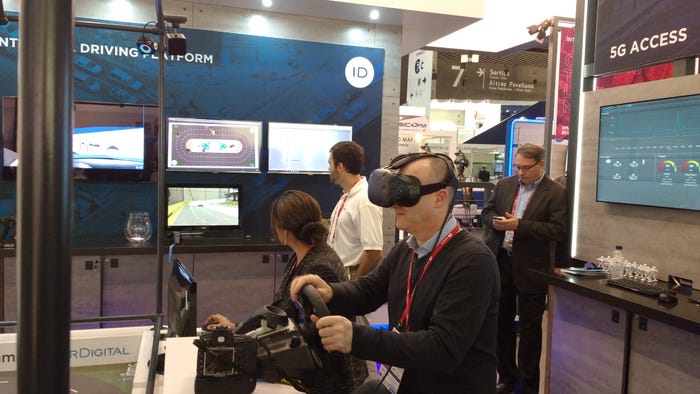

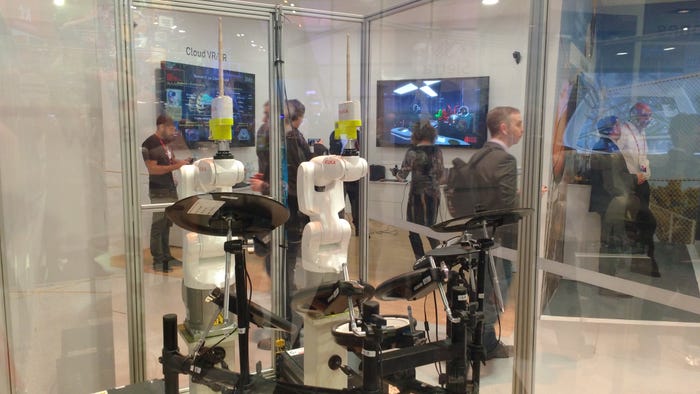
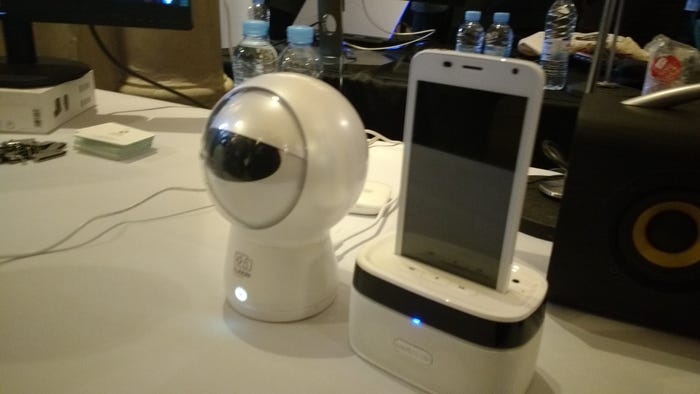
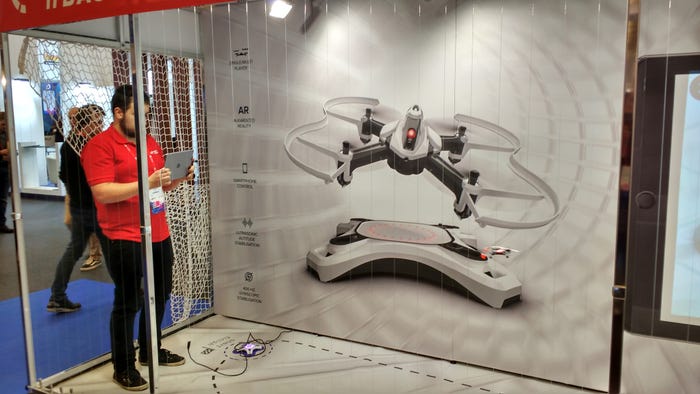
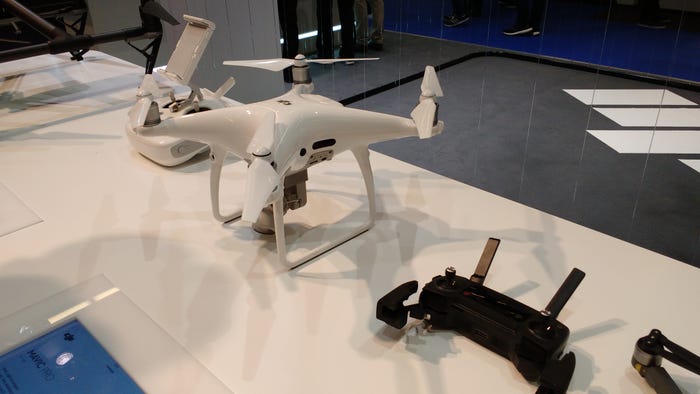
About the Author
You May Also Like










.png?width=300&auto=webp&quality=80&disable=upscale)


_1.jpg?width=300&auto=webp&quality=80&disable=upscale)